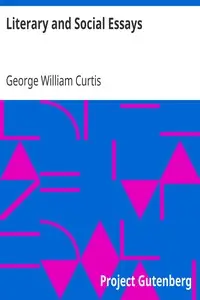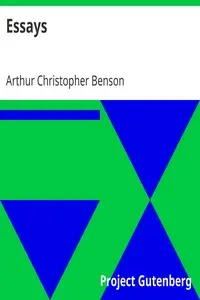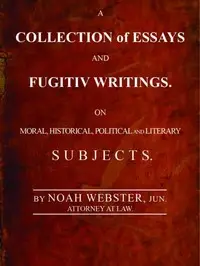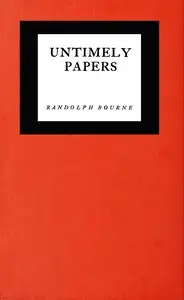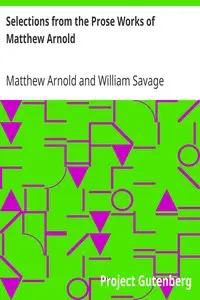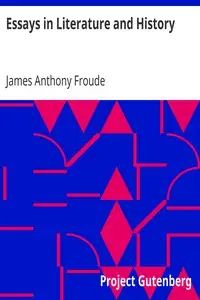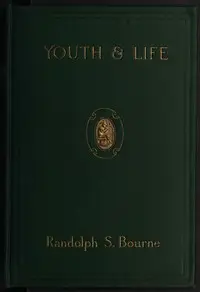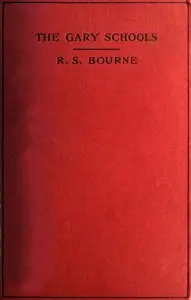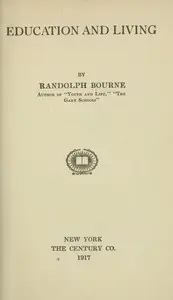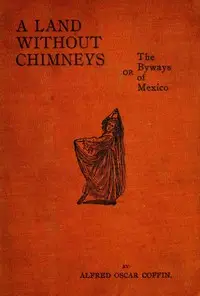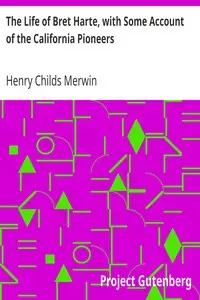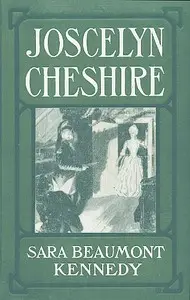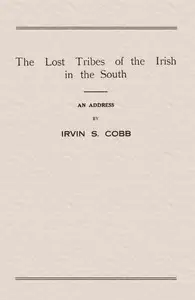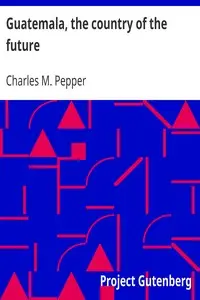"History of a Literary Radical and Other Essays" by Randolph Silliman Bourne is a compilation of essays from the early 1900s, showcasing the perspective of Bourne, a literary radical, as he analyzes American culture and society. The collection underscores Bourne's individual beliefs and his life experiences while pondering significant themes like the impact of youth on rejuvenating culture and the connection between art and political views. The introduction gives us a glimpse into Bourne's life, portraying him as a vibrant intellectual navigating the clash between the cultural norms of his era and his own radical convictions; we see how his physical difficulties influenced his perspective and relationships, fueling his yearning for a more revolutionary American cultural environment after his journeys through education and journalism, paving the way for a more in-depth investigation into Bourne's criticisms of educational structures and societal standards.
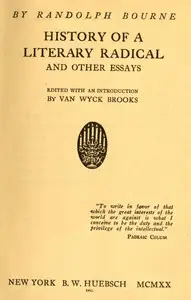
History of a literary radical, and other essays
By Randolph Silliman Bourne
Experience the dawn of the 20th century through passionate essays, revealing the clash between a brilliant mind and a society ripe for change.
Summary
About the AuthorRandolph Silliman Bourne was a progressive writer and intellectual born in Bloomfield, New Jersey, and a graduate of Columbia University. He is considered to be a spokesman for the young radicals living during World War I. His articles appeared in journals including The Seven Arts and The New Republic. Bourne is best known for his essays, especially his unfinished work "The State," discovered after he died. From this essay, which was published posthumously and included in Untimely Papers, comes the phrase "war is the health of the state" that laments the success of governments in arrogating authority and resources during conflicts.
Randolph Silliman Bourne was a progressive writer and intellectual born in Bloomfield, New Jersey, and a graduate of Columbia University. He is considered to be a spokesman for the young radicals living during World War I. His articles appeared in journals including The Seven Arts and The New Republic. Bourne is best known for his essays, especially his unfinished work "The State," discovered after he died. From this essay, which was published posthumously and included in Untimely Papers, comes the phrase "war is the health of the state" that laments the success of governments in arrogating authority and resources during conflicts.


